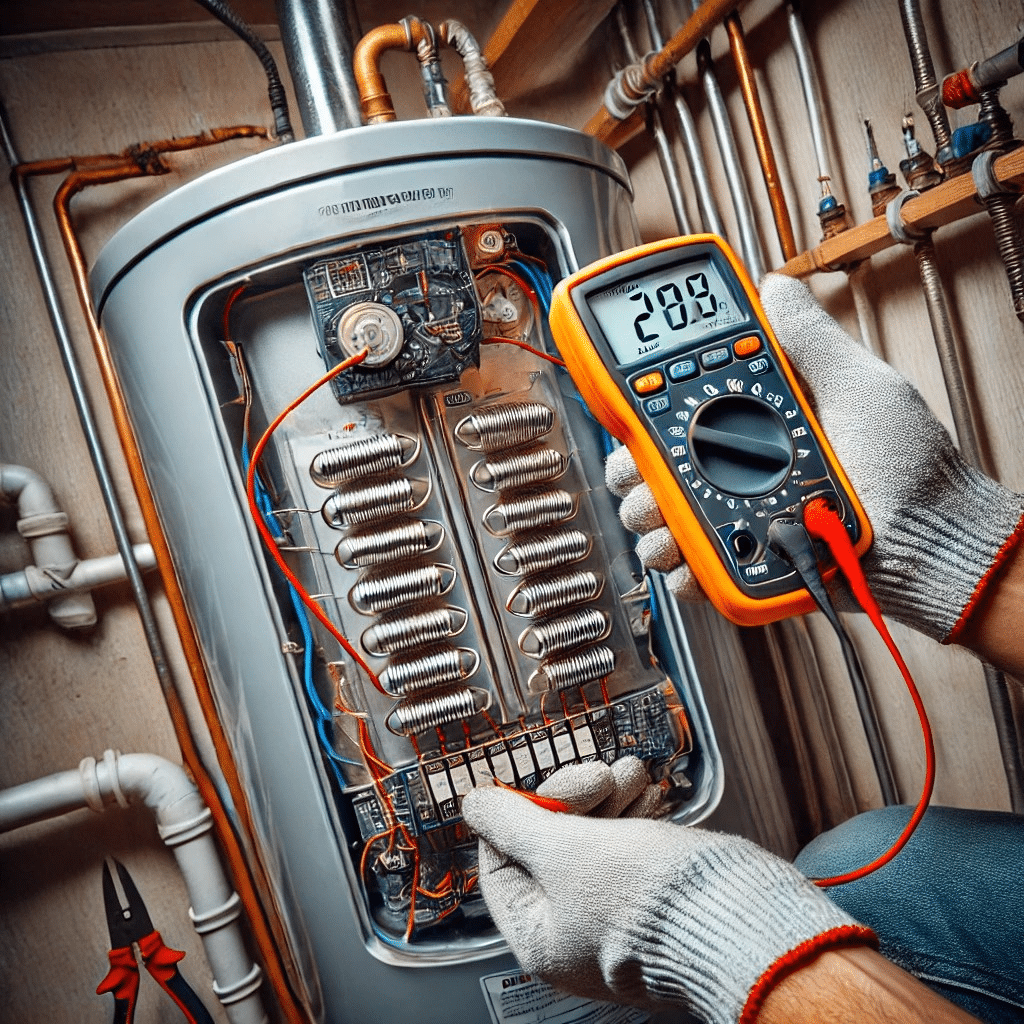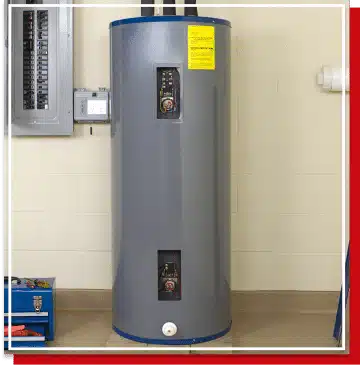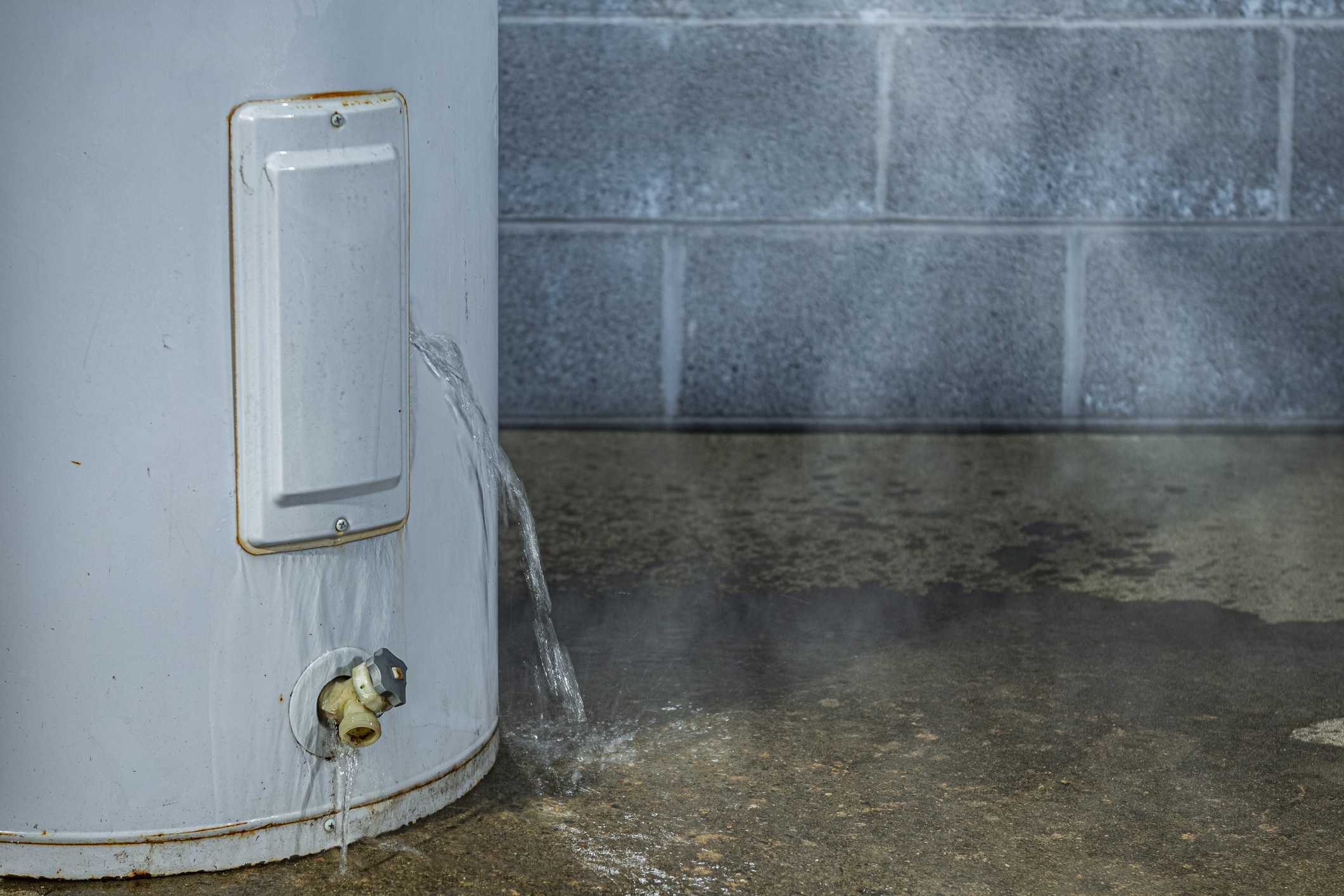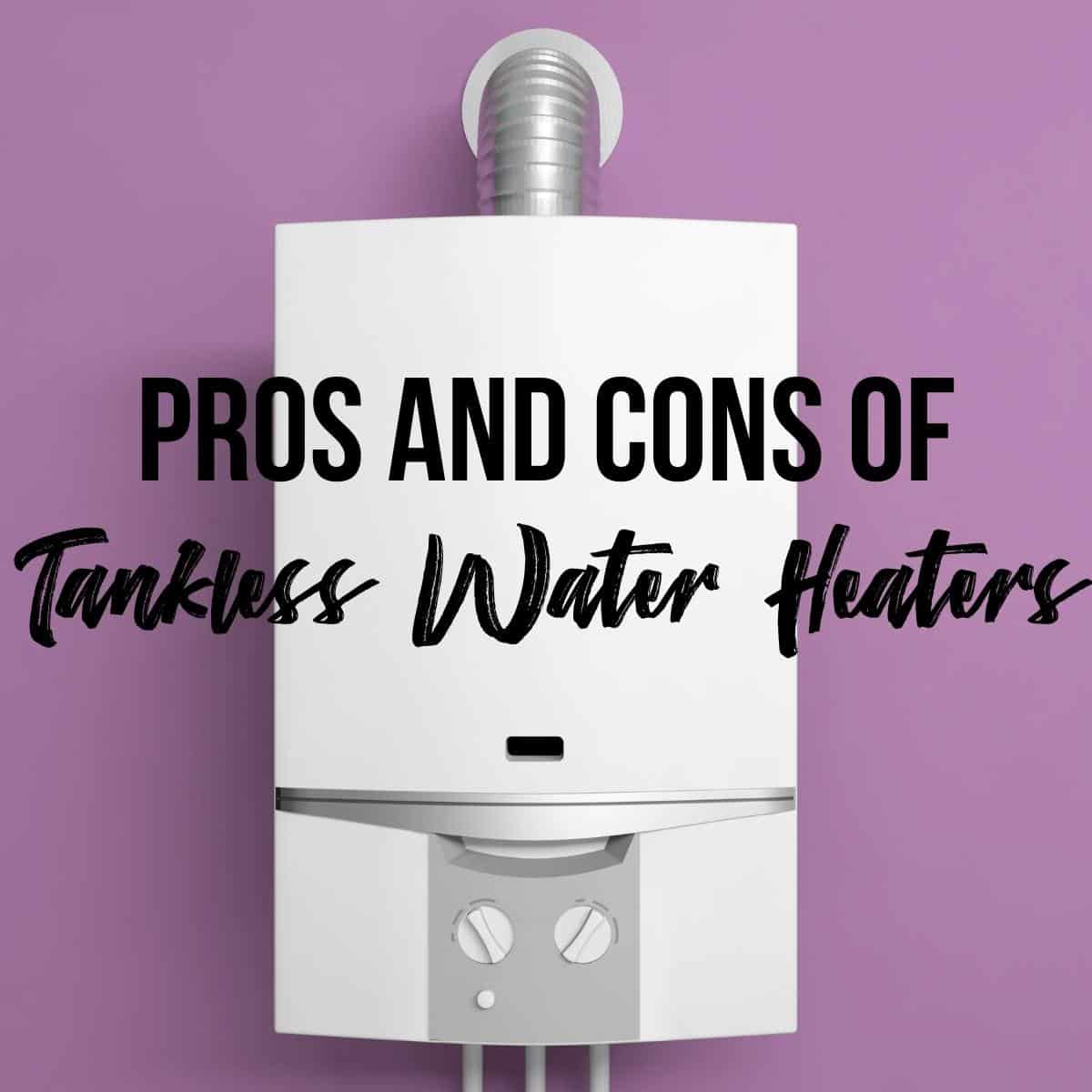
Troubleshooting Guide: How to Test the Heating Elements in an Electric Water Heater
If you’re experiencing issues with your electric water heater, such as no hot water or insufficient heat, the heating elements may be the culprit. In this article, we’ll guide you through the process of locating, removing, and testing the heating elements in an electric water heater using a multimeter.
Important Note: Gas water heaters operate differently, so this guide is specifically for electric water heaters. If you have a gas water heater that’s not working, try checking and relighting the pilot light. For any water heater emergency, contact My Georgia Plumber for immediate assistance.
Finding the Heating Elements in Your Water Heater:
- Turn off the circuit breaker dedicated to the water heater in your electrical panel.
- Locate the metal panel(s) attached to the side of your water heater, one for each heating element.
- Remove the insulation inside the metal panel, wearing rubber gloves for protection.
- Look for a round or hexagonal object, approximately one inch in diameter, with a plastic plate attached by two screws. That’s the heating element.
Testing the Heating Element with a Multimeter:
- Turn on the multimeter and set it to the lowest ohms setting (Ω).
- Loosen one of the heating element screws and detach the wire connected to it (either screw will do).
- Place one probe of the multimeter on the loosened screw and the other probe on the remaining screw attached to the face of the heating element.
- The multimeter should read between 10 and 30 ohms if the heating element is working correctly.
- If you get a very low or zero reading, it indicates a faulty heating element that needs replacement.
- If your water heater has two heating elements, repeat the same testing process for the second element.
- Reattach the wires, replace the insulation, and secure the metal cover panels.
Testing the heating elements in your electric water heater can help identify the source of hot water issues. If the heating elements are faulty, replacing them should restore proper functionality. However, if you encounter persistent problems despite the heating elements testing fine, it’s advisable to seek professional assistance from your local plumbing experts.
Remember, My Georgia Plumber offers installation services for water heaters in various areas. Contact our friendly dispatchers at 770-592-0081 or book online for prompt and reliable assistance.
The Complete Anatomy of an Electric Water Heater – How It Works & Key Parts Explained
What’s Actually Inside Your Electric Water Heater Your water heater probably doesn’t get much thought—until it stops working. But it’s doing a lot behind the scenes, every time you take a shower, run the dishwasher, or do a load of laundry. It’s not just a big tank of hot water. It’s a system. And knowing...Continue reading→
How to Know When It’s Time to Replace Your Water Heater (Before It Floods Your Home) Stop Playing Plumbing Roulette—Here’s When to Replace It and Why You Shouldn’t Wait
Don’t Wait for a Cold Shower (or a Flooded Hallway) Water heaters have a funny way of calling it quits when it’s least convenient.Monday morning? Freezing shower.Family in town? Flooded hallway.Important meeting? No hot water for laundry. At My Georgia Plumber, we replace water heaters every day—and most of the emergencies we respond to didn’t...Continue reading→
The Pros and Cons of Tankless Hot Water Heaters
Picture this: you’re in the middle of a relaxing hot shower, shampoo in your hair, in the middle of belting out your favorite song, and suddenly, the water turns lukewarm. Panic sets in as you try to rinse quickly, only for the water to turn ice-cold, leaving you shivering, and shampoo-soaked. But fear not, there’s...Continue reading→













